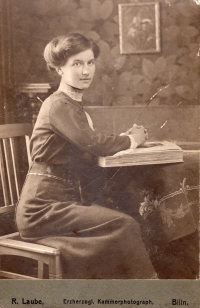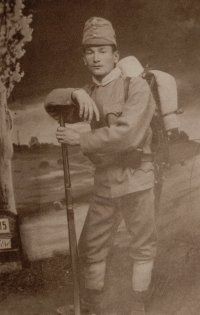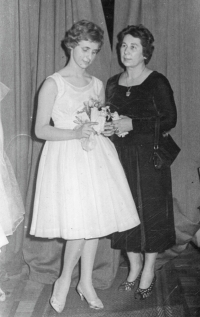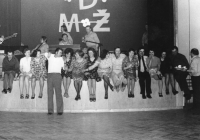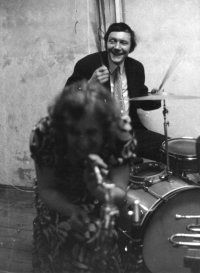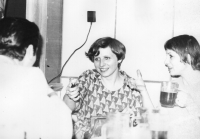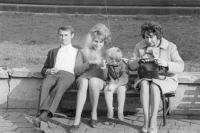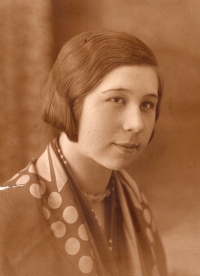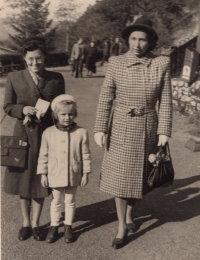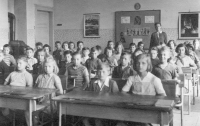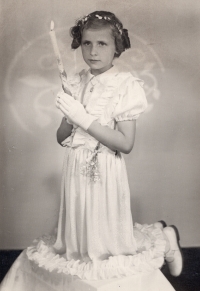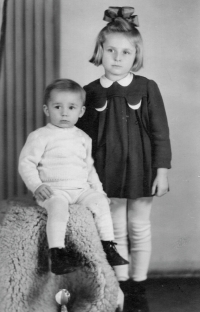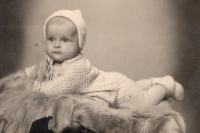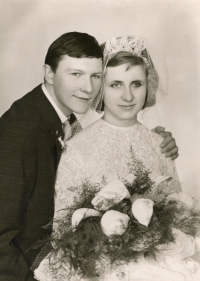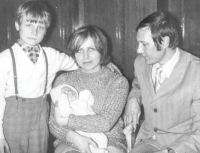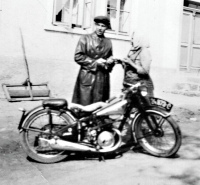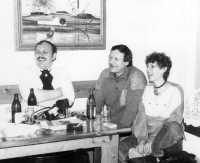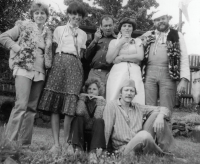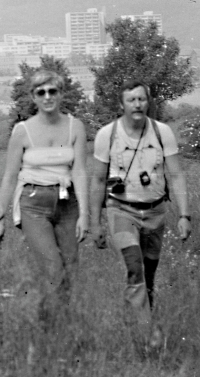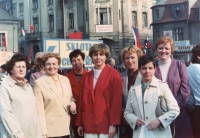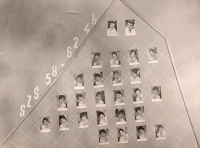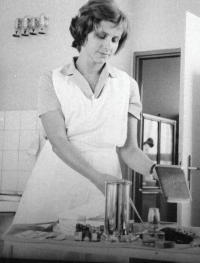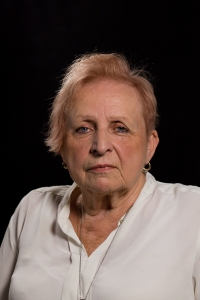The scarcity of goods under socialism demoralised the nation
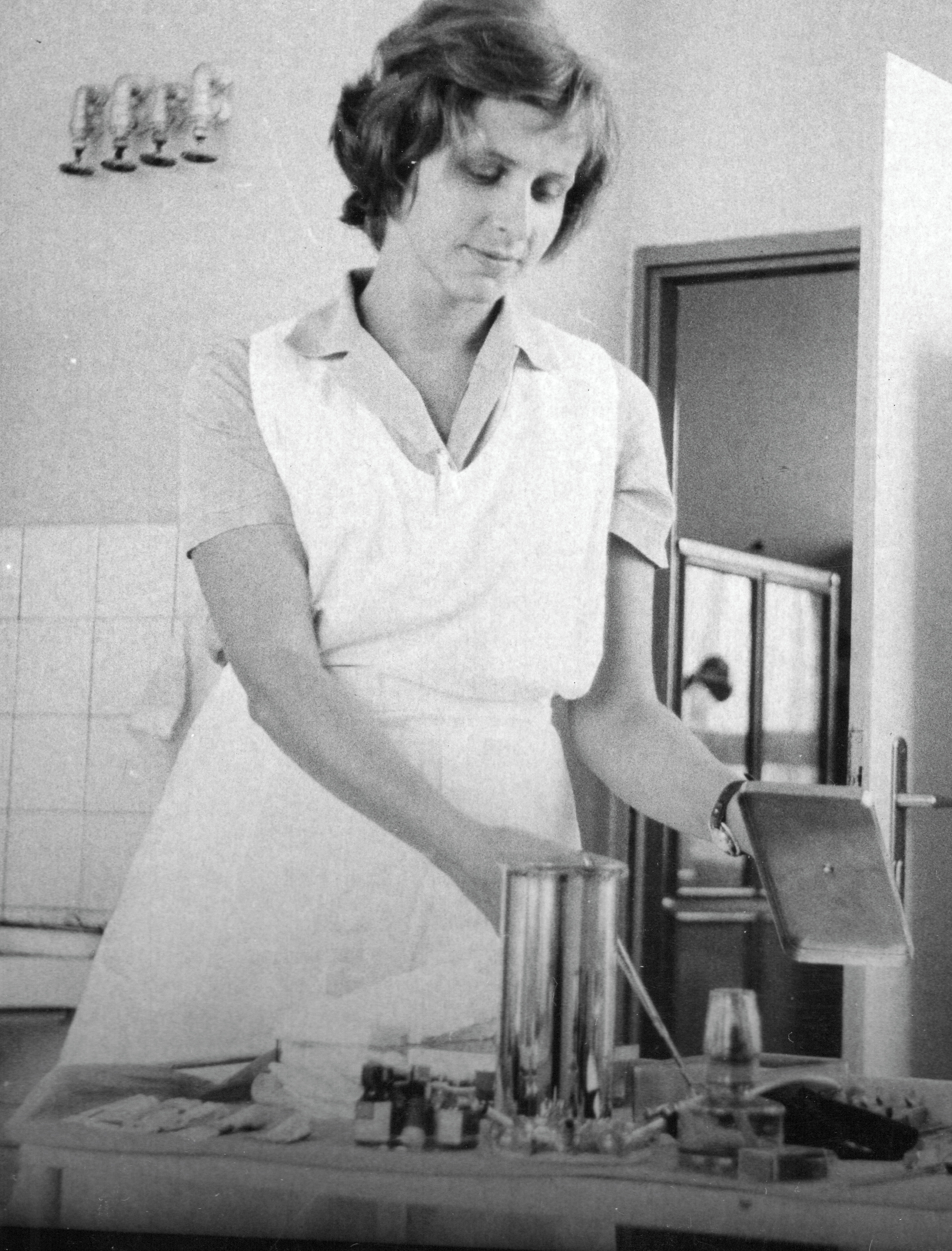
Stáhnout obrázek
Eva Kodadová, née Stránská, was born on 6 June 1944 in Teplice. Her father Václav was the director of the Lobkowicz mines. Her mother Markéta, of a Polish nationality, was a shop assistant. The family lived in Bílina. After finishing elementary school, the witness entered the local grammar school. However, after a few weeks she was dismissed from there for political reasons and transferred to the secondary medical school in Most. It was a great shock for Eva. During her travels to Most she met her future husband Jiří Kodad. Eva graduated in 1962 and two years later married Jiří. She worked first at the hospital in Most, and later in Teplice. In 1964, her son Jiří was born. In order to place him in kindergarten, she had to join the company Inženýrské pozemní stavby. She then returned to the health sector and worked as a nurse in the Mining Hospital with a polyclinic in Bílina. In 1972 the couple had their second son Daniel. Eva Kodadová hated Russians from her youth, which was intensified by August 1968. In 1984, her brother Petr emigrated to the USA, her mother did not survive his departure. In 1990, Eva became the head nurse at the Mining Hospital and Polyclinic in Bílina. From 1999 she was a pioneer of home health care, where she served as head nurse until 2011, when she retired. In 2022, she was living in Bílina.
